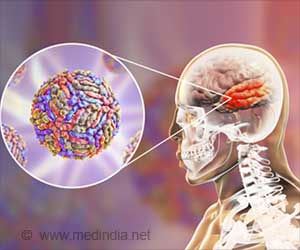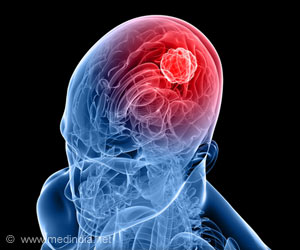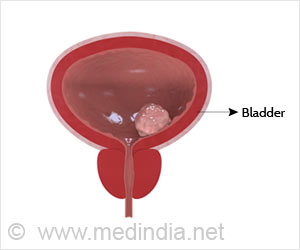Loss of a single gene SMARCB1 results in the form of deadly childhood brain cancer known as atypical teratoid rhabdoid tumors (ATRT).

‘Inactivation of a single gene SMARCB1 results in the form of deadly childhood brain cancer known as atypical teratoid rhabdoid tumors (ATRT). There is a need for new targeted therapies for ATRT, as there are very few therapies.’





Atypical teratoid rhabdoid tumors (ATRT) are a rare, fast-growing form of brain cancer. It usually strikes children three years and younger, though they can occur in older children and adults.There are multiple treatments for ATRT, but there is no definitive standard of care, and the long-term survival is poor.
The cause of ATRT is linked to the inactivation of a single gene known as SMARCB1. SMARCB1 is a part of a larger complex that aids in the regulations of gene expression and developmental processes.
ATRT has very few effective therapies. These therapies are further complicated by the negative effects of radiation on the child’s cognitive development.
The researchers prompted the loss of SMARCB1 in human induced pluripotent stem cells (iPSCs). They then directed the iPSCs to develop into neurons or cerebral organoids.
Advertisement
In doing so, the researchers identified an interaction between the loss of SMARCB1 and neural differentiation pressure. This interaction resulted in both resistance to final differentiation and a defect in maintaining normal cell health that showed similarity to patient tumors.
Advertisement
Source-Medindia















